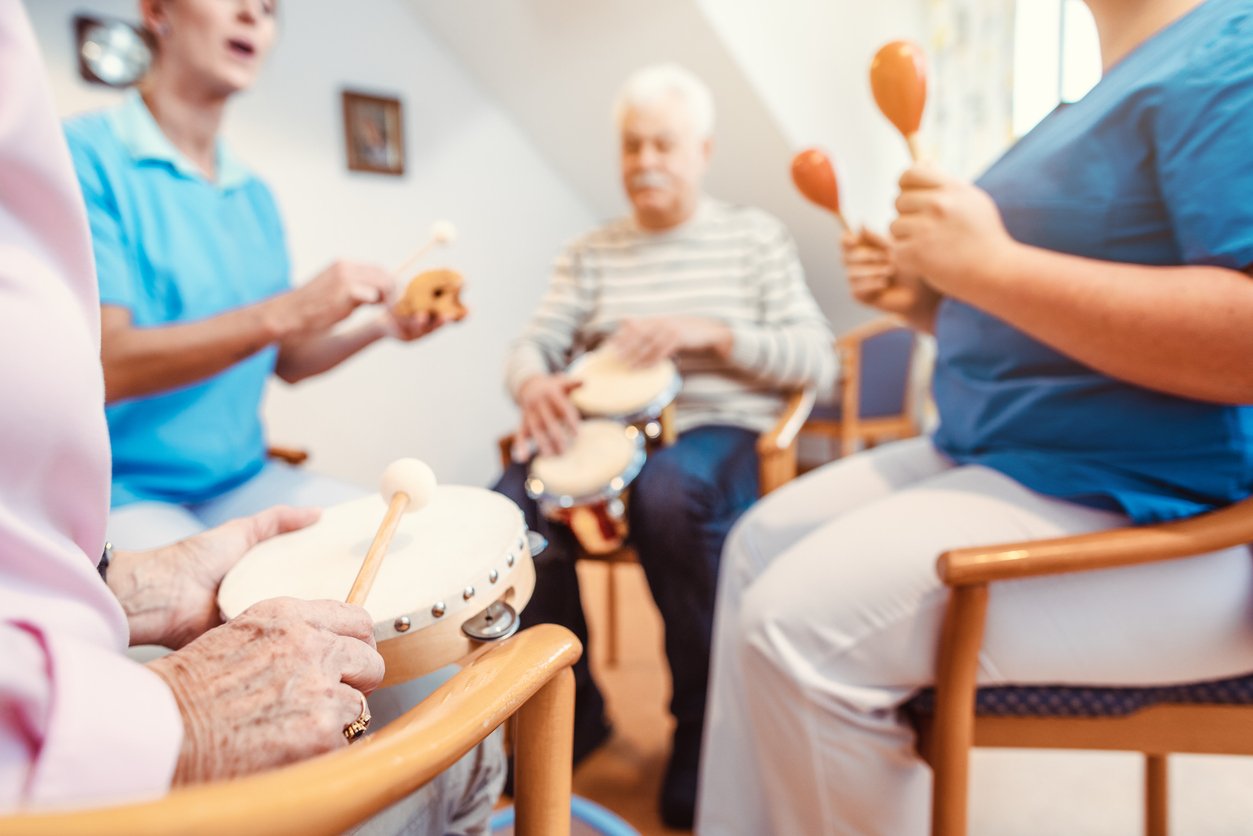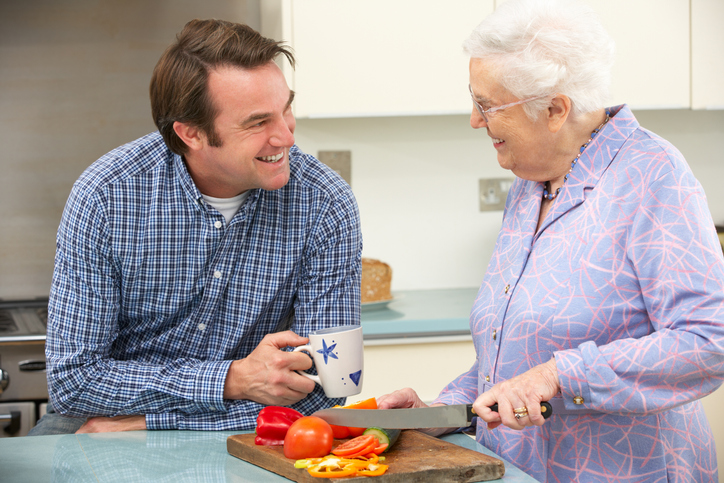Caregivers of the elderly often refer to the SLUMS Exam and the GDS in evaluating the health and condition of their patients. The SLUMS Examination is a screening tool for dementia developed by Saint Louis University geriatricians that identifies mild cognitive problems, and the GDS is a 30-item self-report assessment used to identify depression. Both are designed for use with the elderly.
There is no single, definitive test to determine whether an individual is suffering from dementia. Rather, the healthcare team considers all potential causes while conducting a comprehensive assessment of the patient. Doctors often use the SLUMS Examination in order to determine whether further testing might be necessary. Let's take a closer look at this widely used, clinician-administered diagnostic tool.
Read More










